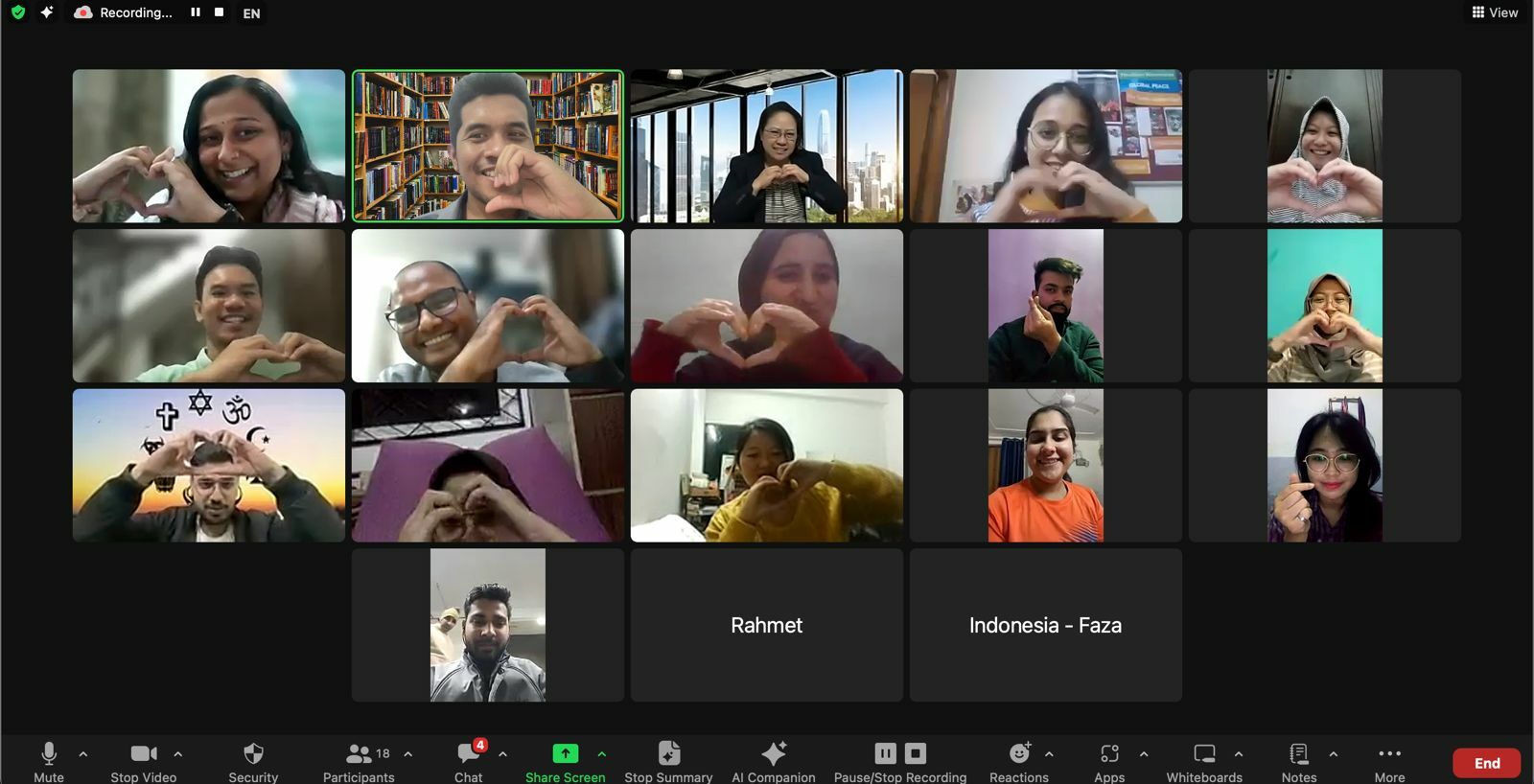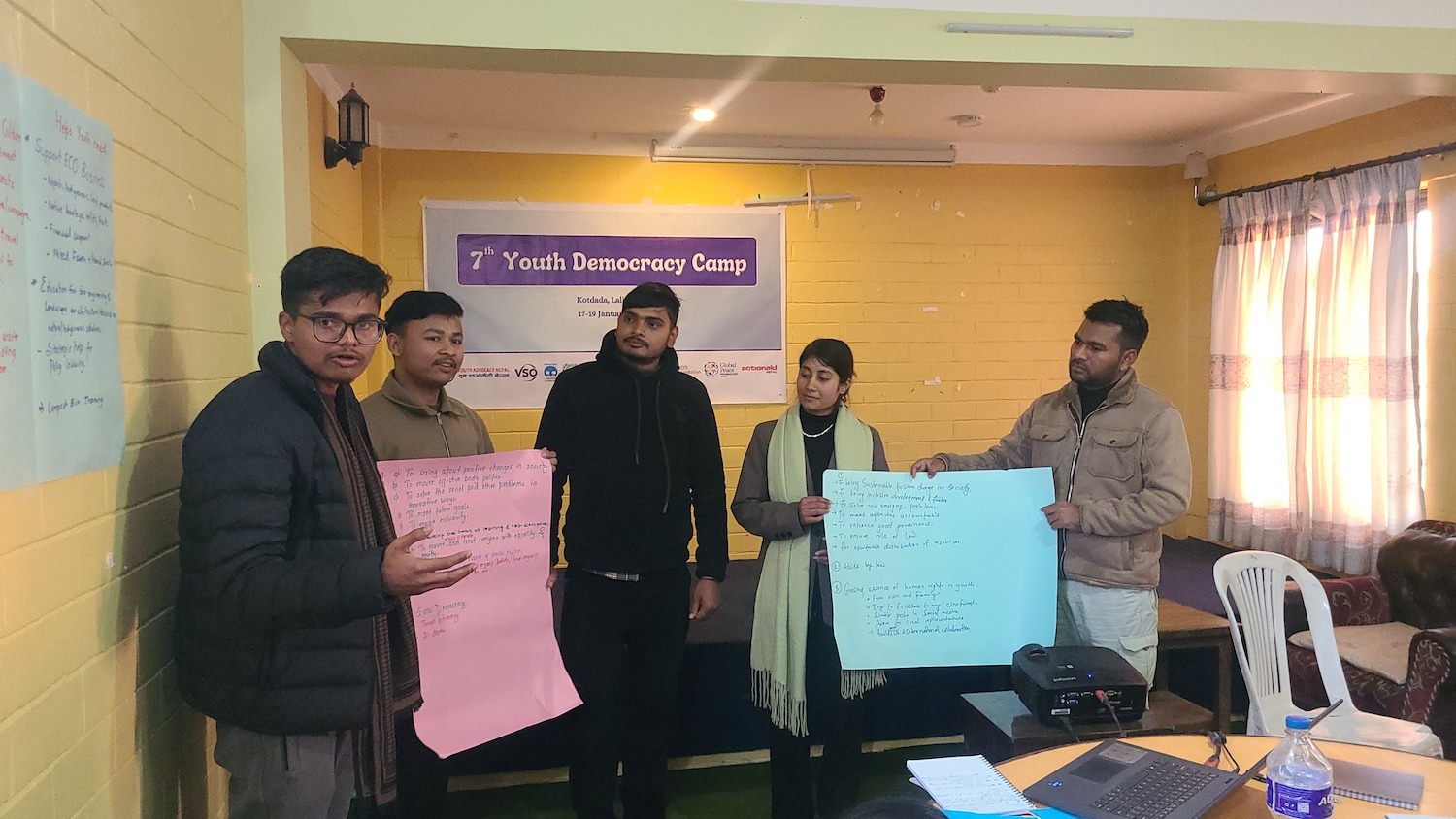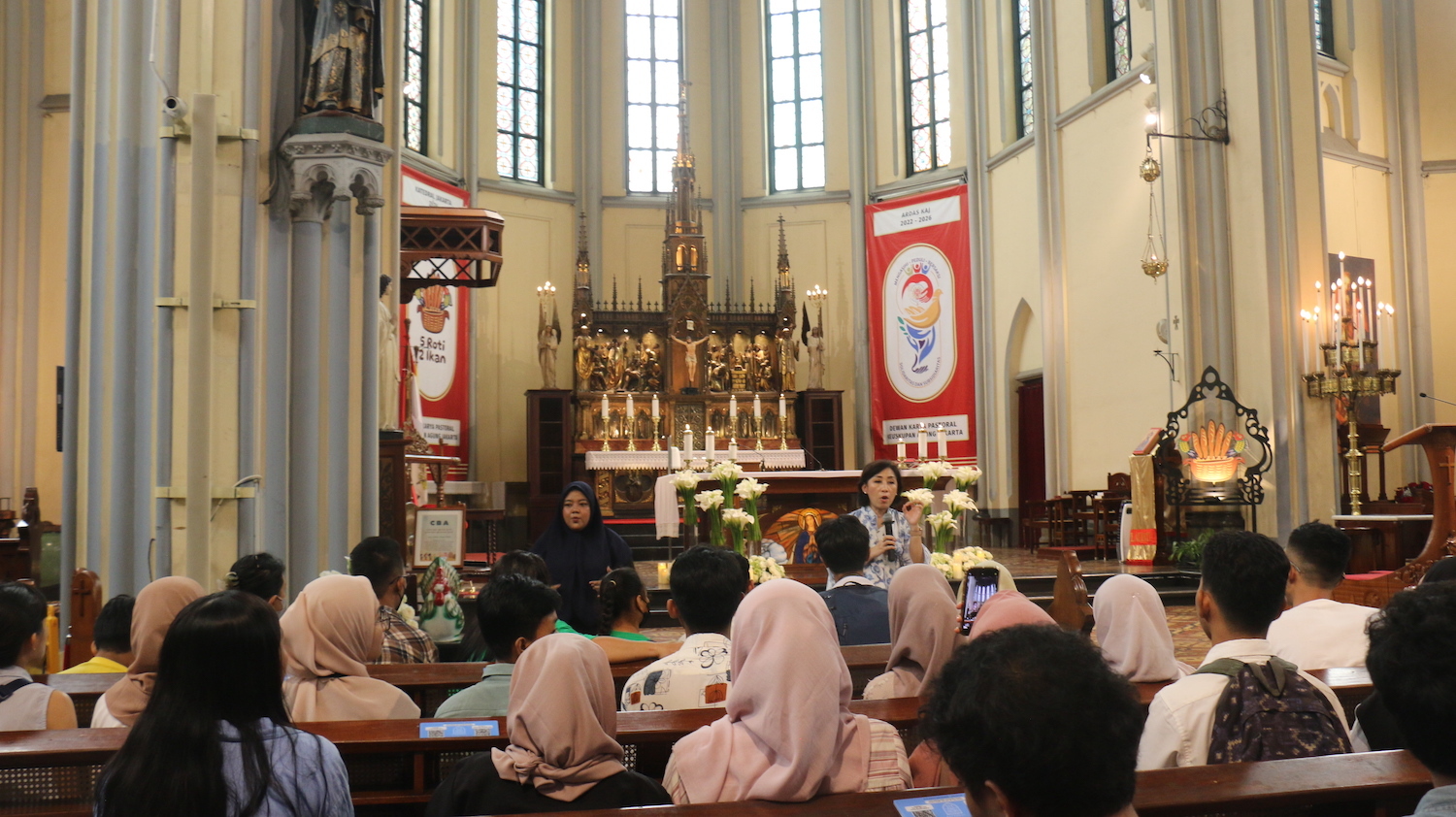In an ongoing program to prevent youth involvement in violent extremism throughout Tanzania and East Africa, Global Peace Foundation (GPF) conducts leadership training for students from primary through secondary school and beyond. Trainings throughout 2018 have strived to advance business and entrepreneurial skills to combat youth unemployment, a major factor of youth recruitment into extremist groups and instill values of service to their community, fostering a sense of belonging.
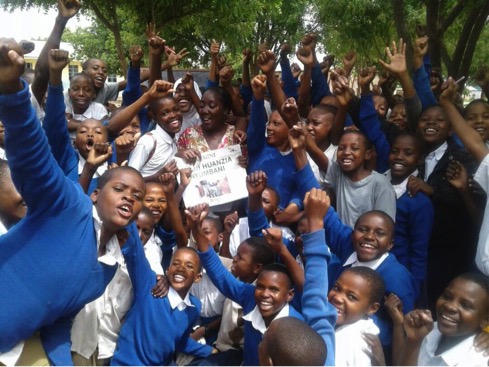
Students participate in GPF youth extremism prevention program
“What you value or believe is very important, your interests and values are at the heart of who you are and will help lead you to careers that are right for you.” —AnnaStazia Antony
Unemployed, marginalized, and impoverished young men and women are more vulnerable to recruitment into violent extremism in Tanzania. Youth may join these violent extremist groups because they offer economic incentives, a social group, empowerment, and a sense of adventure despite the damage it inflicts on their community.
The training raises awareness of extremist group recruitment tactics, how to report them, and how to address the issue with increasing accessibility to smartphones and the Internet. “Terrorist are using social media as major platform to spread their ideology and expand their influence online,” said Dickson Kamala, a trainer with the program, “It is important that youth understand all the tricks and be more careful while using the Internet.”
Although terrorist groups are able to spread propaganda online through websites and social media, the real danger takes place in chat rooms and private messaging which Kamala called an “engine of transformation,” slowly influencing young people through a sense of kinship. This is what makes real world social relationships pivotal, said Kamala. The internet can support and facilitate but never completely replace direct human contact and the ties of friendship through which intense personal loyalties form, especially within the family, school, and churches.
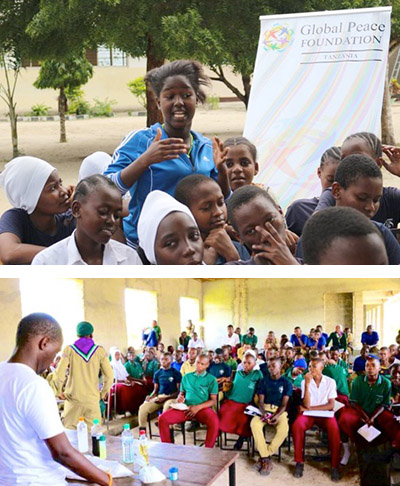
Top: Student, Rabia, shares experience on social media Bottom: February training and workshop educates students on extremism tactics
Rabia, a student at Kingani Secondary School, was surprised at her own unawareness on extremist recruitment tactics on social media and realized the need to be more cautious. “On holiday I like to use Instagram and Facebook. Sometimes I chat with friends but sometimes it is with people I don’t even know. I didn’t know social media was used as a key tool for extremism in recruiting. Now I know I will be more careful.”
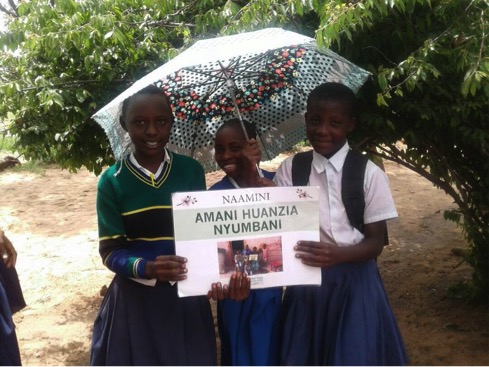
Tanzania primary students show support for GPF peacebuilding programs
Extremist prevention trainers highlighted common terms and methods used by extremist groups, including the exploitation of religious doctrines, fabricated “moral” arguments, fear of victimization and unemployment, revenge, or a sense of glory and heroism. To combat these methods, the program provides education on using social media, reconciliation initiatives to heal clan grievances, and knowledge on proactive participation in the community and good governance.
Professionals and teachers from the community and local universities participate in the training program to encourage youth to foster both moral and innovative capacities in their leadership development. This not only helps students have goals and determination to create or obtain jobs, but also hopes to inspire them to bring sustainable development to their community. “What you value or believe is very important,” said Annastazi Antony, the Vice President University of Dar Es Salaam. “Your interests and values are at the heart of who you are and will help lead you to careers that are right for you.”

